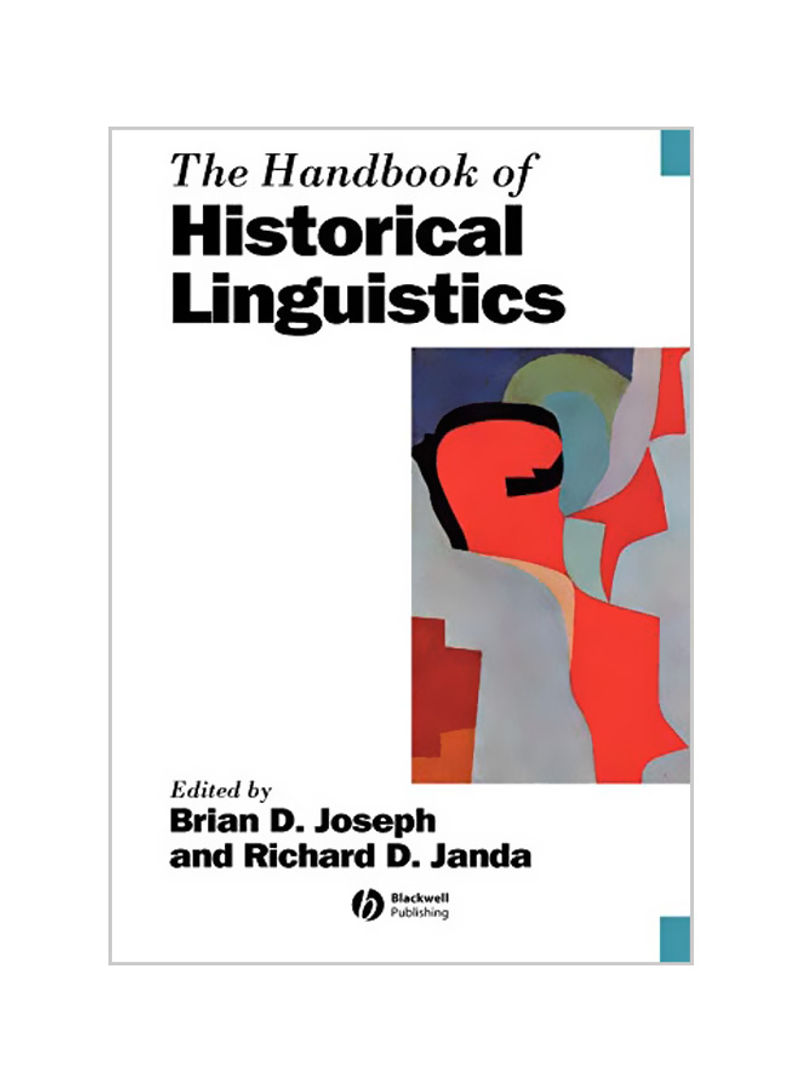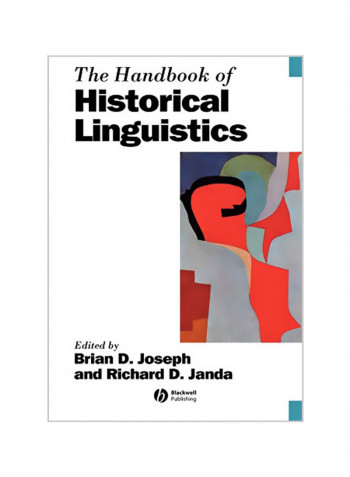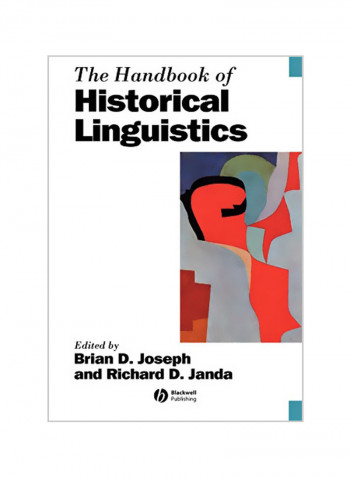The Handbook Of Historical Linguistics Paperback
Recommend
Sort by
Rating
Date
Specifications
Author 1
Brian Joseph
Book Description
The Handbook of Historical Linguistics provides a detailed account of the numerous issues, methods, and results that characterize current work in historical linguistics, the area of linguistics most directly concerned with language change as well as past language states. This title contains an extensive introduction that places the study of historical linguistics in its proper context within linguistics and the historical sciences in general. It covers the methodology of historical linguistics and presents sophisticated overviews of the principles governing phonological, morphological, syntactic, and semantic change. It includes contributions from the leading specialists in the field.
ISBN-10
1405127473
ISBN-13
9781405127479
Language
English
Publisher
John Wiley And Sons Ltd
Publication Date
18-01-2005
Number of Pages
904
Editor 1
Brian Joseph
Editor 2
Richard Janda
Editorial Review
The Handbook of Historical Linguistics proves an atypical handbook in several positive senses, beginning with the introduction's bold tackling of foundational issues. While many chapters offer the expected compact overviews of familiar topics, others are, we hope, destined to become influential as needed lucid statements on particular issues... and thought-provoking, original contributions... The value of The Handbook of Historical Linguistics is multifaceted; its influence will be far-reaching and long-lasting. Journal of Linguistics "The editors have assembled a remarkable array of contributors who can introduce readers to the professional standards of scholarship and scientific reasoning that characterize the field." William Labov, University of Pennsylvania "An authoritative collection, by a stellar group of contributors, that presents historical linguistics as it really is - a multifaceted study that is both a branch of general linguistics and a field in its own right. No other survey covers the territory half so well." Jay Jasanoff, Harvard University



